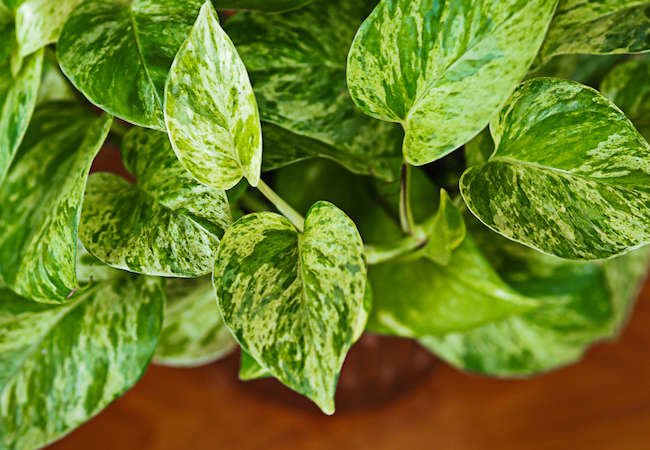

We may earn revenue from the products available on this page and participate in affiliate programs. Learn More ›
Home Advice You Can Trust
Tips, tricks & ideas for a better home and yard, delivered to your inbox daily.
By signing up you agree to our Terms of Service and Privacy Policy.
Chrysanthemums: The Superstar Air Purifier
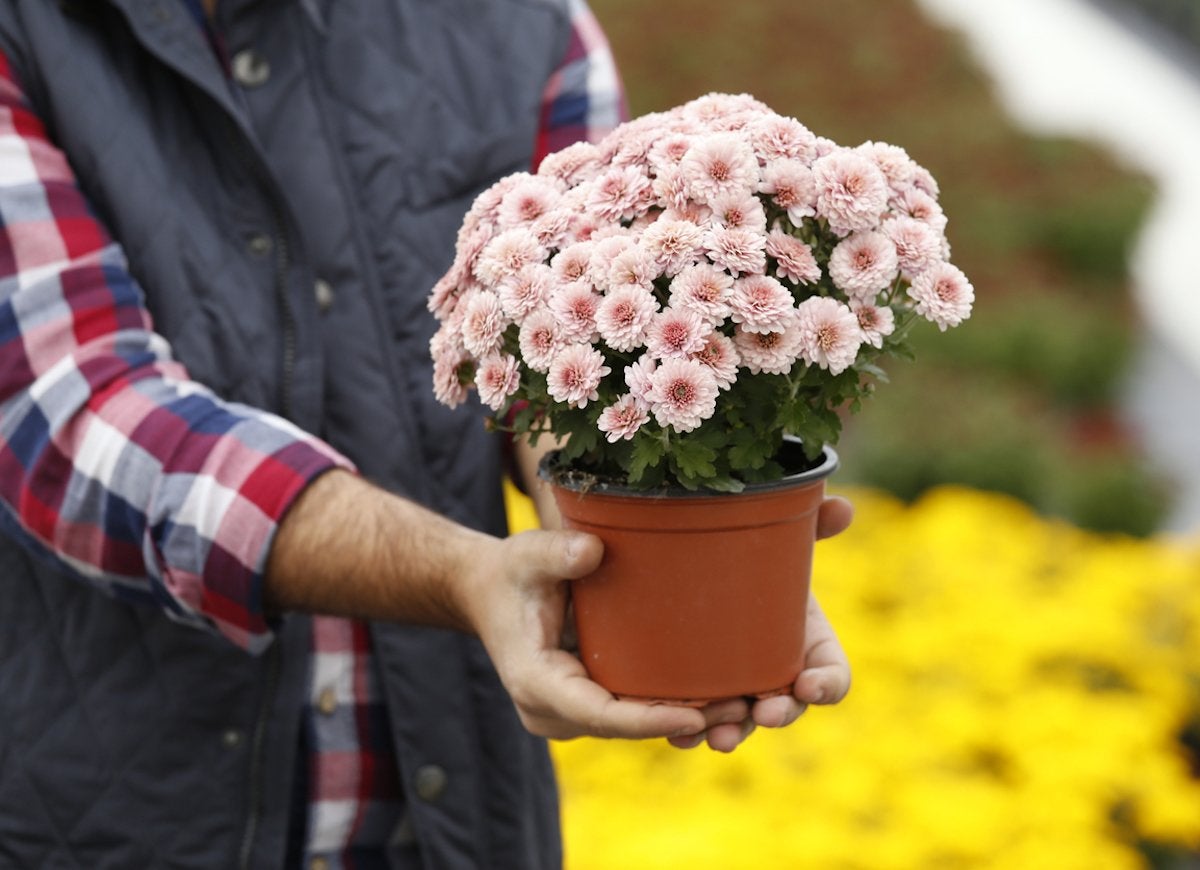
Want to keep your home clear of toxic trace chemicals? Consider the common mum. NASA studies analyzed a variety of houseplants and determined that mums have a stellar ability to absorb volatile organic compounds (VOCs), including formaldehyde, benzene, ammonia, and trichloroethylene, all of which are found in many household products.
Related: 14 Symptoms of an Unhappy Houseplant (and How You Can Treat Them)
Aloe Vera: The Amazing Healer
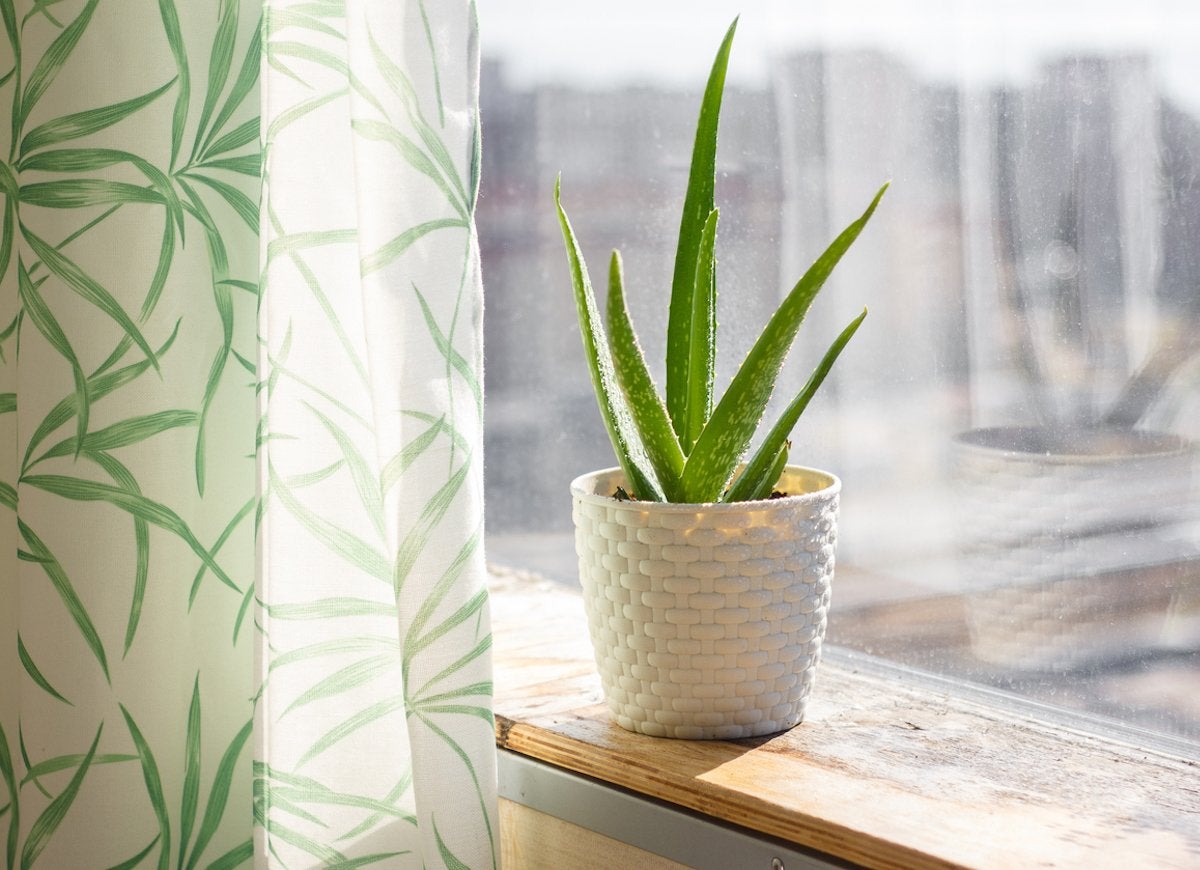
Aloe gel has antibacterial and antioxidant properties, shortens wound healing time, soothes burns, and moisturizes skin. Be sure to use this beneficial houseplant for external first aid only—and keep it away from pets!
Related: Count On These 25 Indoor Plants for Easy Color Year-Round
Mint: The Instant Energizer
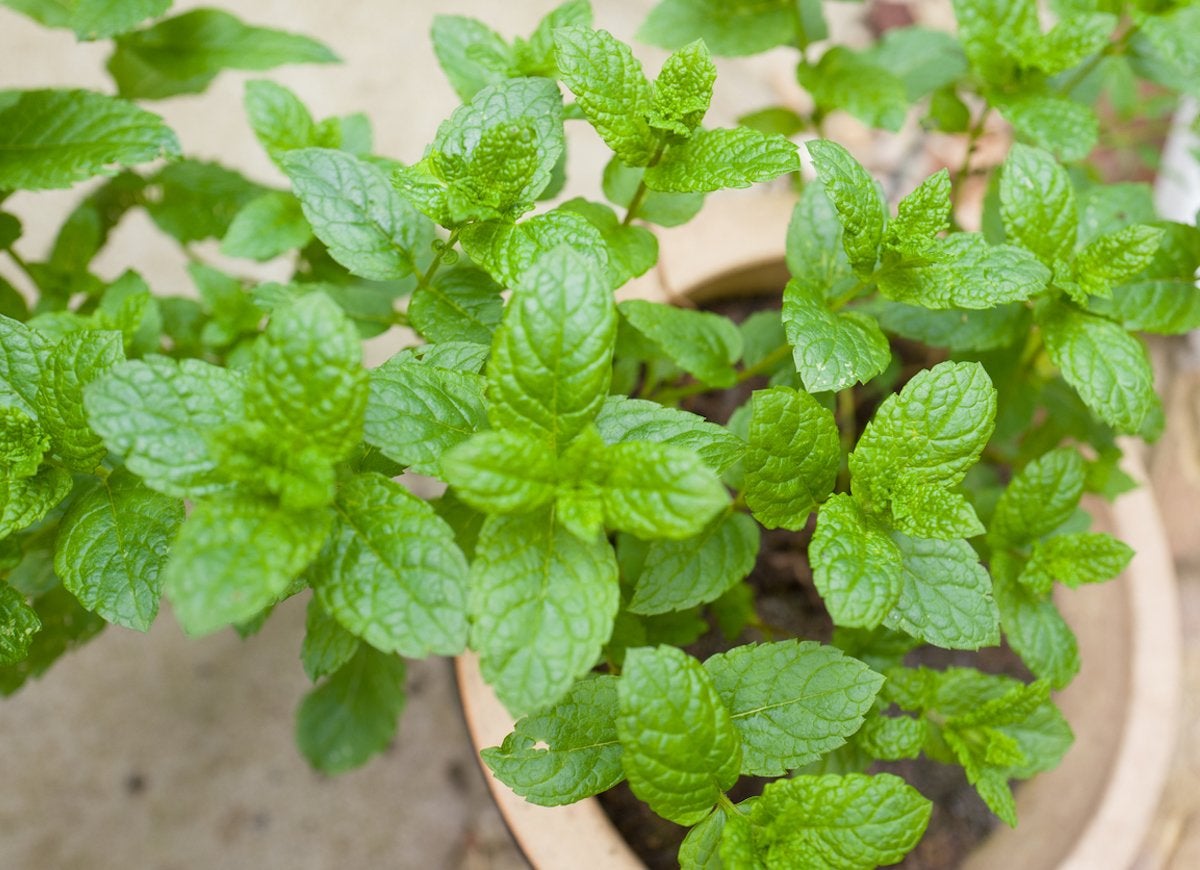
There are more than 600 varieties of mint, many of which do well in a pot on the windowsill. Mint is easy to grow, and because studies suggest that its peppy scent may boost memory and mood, it’s doubly worthwhile to cultivate this hardy plant at home.
Related: The Best Herbs to Grow Indoors
Gardenia: Nature’s Sleep Aid
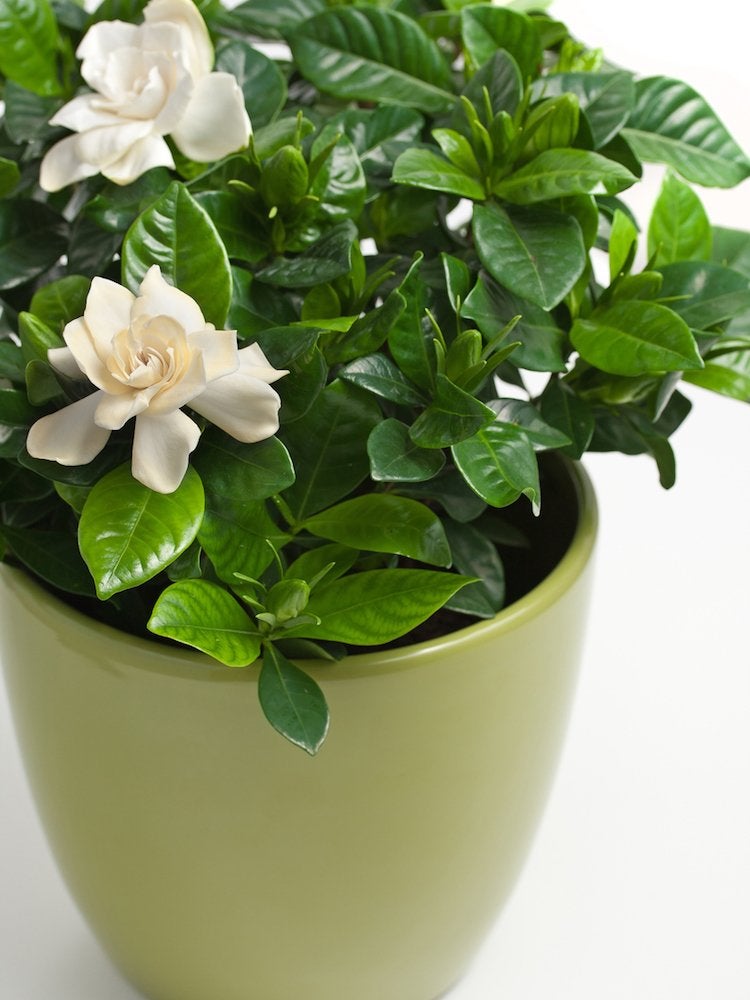
If you are one of the millions of Americans who suffer from insomnia, take a whiff of your gardenia plant before turning in. Researchers in Germany discovered that compounds in gardenia’s fragrance have the same effect as prescription-strength drugs—without the side effects.
Related: 8 Plants Never to Grow Indoors
Lemon: Proven Mood Booster
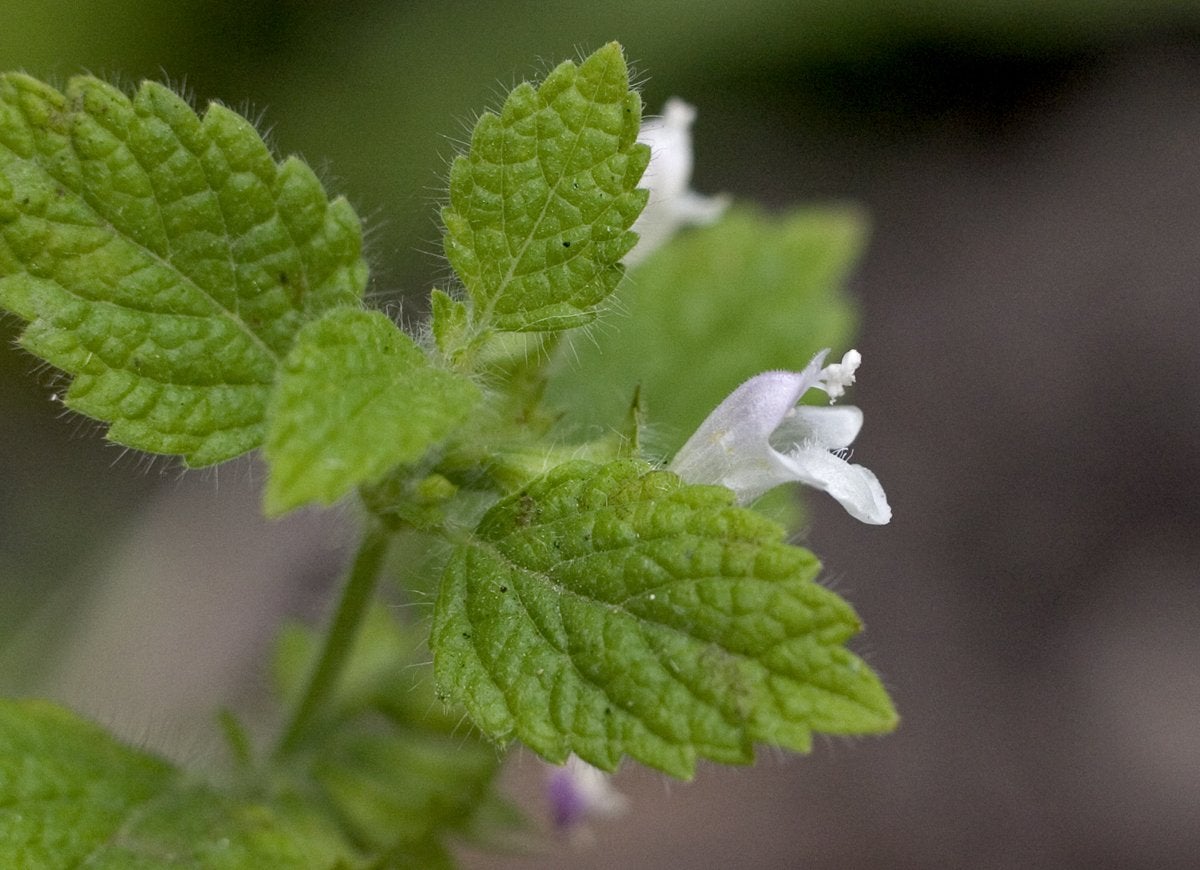
flickr.com via Jessie Hirsch
Does aromatherapy really work? Researchers at Ohio State found that lemon had a stronger measurable effect on mood than lavender oil. For houseplants that bring a lemony scent indoors, consider lemon trees, lemon verbena, and lemon balm.
Related: 11 Indoor Gardening Projects Absolutely Anyone Can Do
Spider Plant: The Kid- and Pet-Friendly Choice
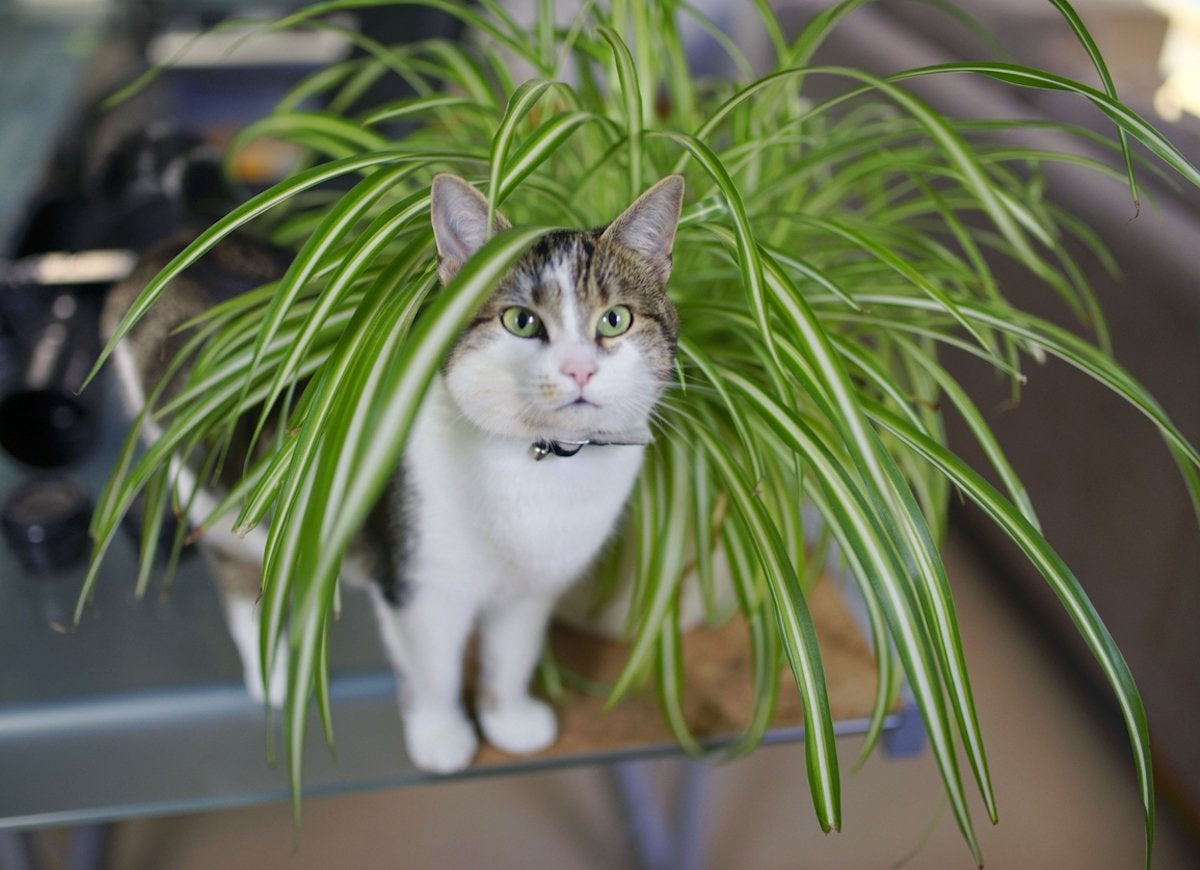
Do you want to purify your air but not have to worry about your houseplant being mistaken for salad? Try a spider plant! It’s easy to grow and nontoxic if ingested. Spider plants have the additional benefit of removing trace levels of carbon monoxide from your home environment.
Golden Pothos: The Garage Purifier
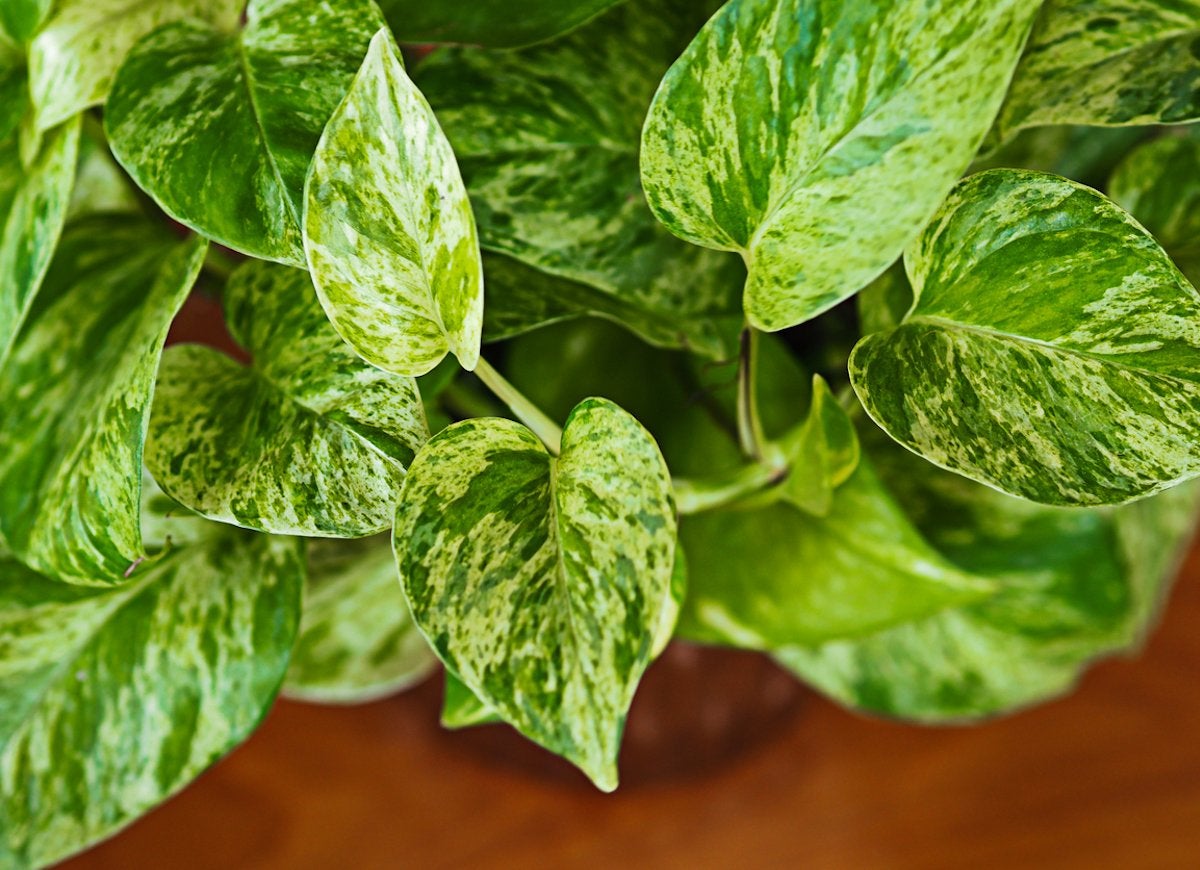
Detoxify your garage and other low-light rooms the natural way with houseplants that thrive in low light, such as golden pothos, ZZ plants, and areca palms. These varieties scrub the air of pollutants, a trait that’s especially important in areas of your home that are exposed to car exhaust, paint fumes, cleaning agents, and other chemicals.
Related: Here’s What Your Favorite Houseplants Look Like in the Wild
Healthy Houseplants
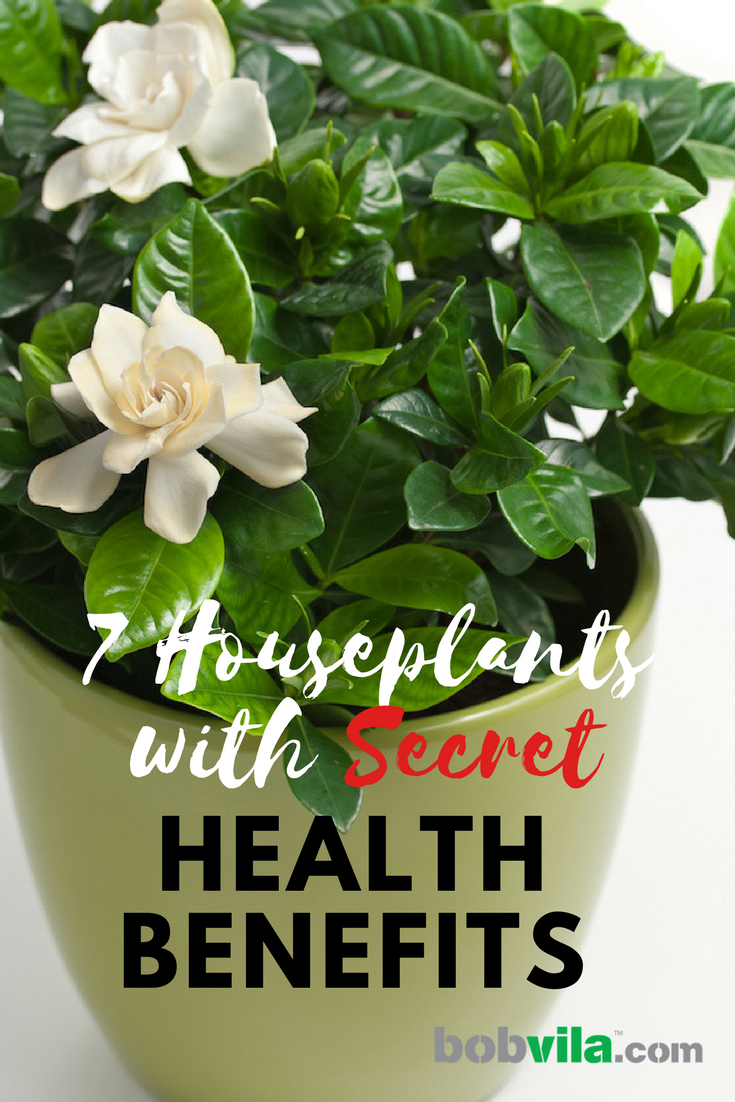
These houseplants will only be beneficial for you if you can manage to keep them alive. Take note of their appearances if they look like they’re starting to suffer. A lot of times, houseplants are trying to tell you what’s wrong and what they really need!

Our Favorite Prime Day Deals Are Sure to Sell Out
Prime Day runs July 8 through 11, and Amazon (and many more retailers) have released hundreds of exciting seasonal deals. Check out our favorite products in the sales, from power tools and outdoor equipment to robot vacuums and power stations.